Obsessive-compulsive disorder is an anxiety disorder in which people have recurring, unwanted thoughts, ideas, or sensations (obsessions) that make them feel driven to do something repetitively (compulsions). For people with OCD, thoughts are persistent and unwanted routines and behaviors are rigid, and not doing them causes great distress. Many individuals with OCD have dysfunctional beliefs that may include: an inflated sense of responsibility and the tendency to perfectionism, overestimate threat, intolerance of uncertainty, over the importance of thoughts, and the need to control thoughts. Some individuals with obsessive-compulsive disorder may use alcohol or drugs to calm themselves. OCD is treatable, but if left untreated, the course can be chronic.
OCD can have a profound impact on various aspects of an individual's life, including relationships, work, and overall quality of life. It may lead to isolation, frustration, and a sense of helplessness. Our OCD treatment is designed to address these challenges and provide you with effective strategies to manage your symptoms, reduce anxiety, and regain a sense of control.
The cause of obsessive-compulsive disorder can depend on the environment, genetics, and or brain structure and functioning. Research shows that in many cases individuals who have experienced abuse (physical or sexual) in childhood or other trauma are at an increased risk for developing OCD. Genetically, the risk is higher if the first-degree relative developed OCD as a child or teen. Twin and family studies have shown that individuals with first-degree relatives (such as a parent, sibling, or child) who have OCD are at a higher risk for developing OCD themselves. Research has found a connection between abnormalities in certain parts of the brain and OCD symptoms. These parts include the frontal cortex and subcortical structures of the brain.
To be diagnosed with general obsessive-compulsive disorder, according to the Diagnostic and Statistical Manual of Mental Disorders, the following criteria must be met:
Compulsions are defined by (1) and (2):
* Young children may not be able to articulate the aims of these behaviors or mental acts. *
There is no perfect way to approach a loved one that you assume or know has obsessive-compulsive disorder. People with obsessive-compulsive disorder may be embarrassed and try to hide symptoms or rituals, and mental rituals can be very difficult to recognize. Providing support and being aware of what they’re learning in treatment can be helpful.
Treating obsessive-compulsive disorder usually includes a combination of medication and therapy. It is important to distinguish the best course of treatment individually with an experienced OCD therapist.
Medication Management
In some cases, medication may be an effective component of OCD treatment. Our team includes experienced psychiatrists who can conduct a thorough evaluation and provide medication management if deemed appropriate. Medication, when used in conjunction with therapy, can help alleviate symptoms and enhance the effectiveness of your treatment plan.
The most common forms of medication used to reduce OCD symptoms are serotonin reuptake inhibitors (SSRIs) and selective serotonin reuptake inhibitors (SSRIs). Research has also shown that antipsychotic medication can also be effective if the other medications do not work. When using a medication, it is important to talk with a doctor or a pharmacist to make sure the risks and benefits are understood. Do not stop taking the medication without talking to a doctor first.
Psychotherapy
Psychotherapy is also an effective treatment for adults and children with obsessive-compulsive disorder. Research shows that certain types of psychotherapy, like cognitive behavior therapy (CBT), can be as effective as medication for many individuals. Specifically, Exposure and Response Prevention (ERP). This form of treatment, which is used in reducing compulsive behaviors in OCD, is usually the add-on treatment of choice when SRIs or SSRIs medication does not effectively treat OCD symptoms.
We understand that seeking help for OCD can be a courageous step. Our team is here to support you throughout the process. To begin your journey to healing and freedom from OCD, schedule an appointment online today.
Start OCD TreatmentClarity Clinic offers leading IOP & PHP programs near you for OCD treatment. If you are looking for a more intensive form of care, our PHP/IOP programs could be a great fit. Head to our PHP/IOP curriculum page to view a thorough breakdown of what our PHP treatment and IOP therapy plans entail. Feel free to reach out if you have any questions regarding our PHP/IOP program!












































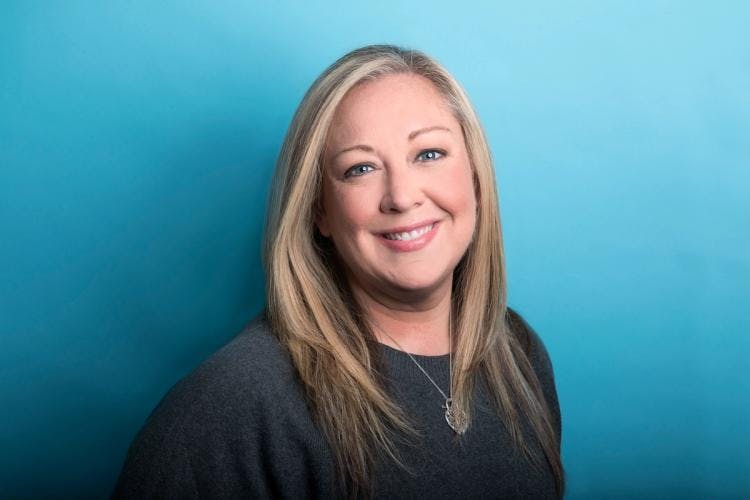



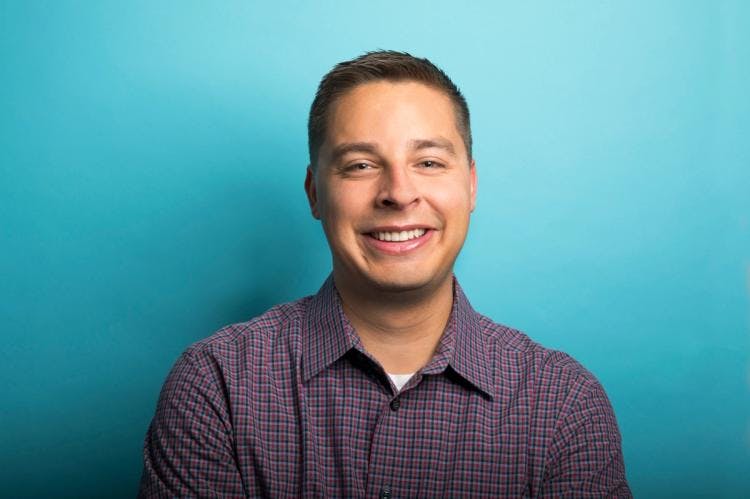

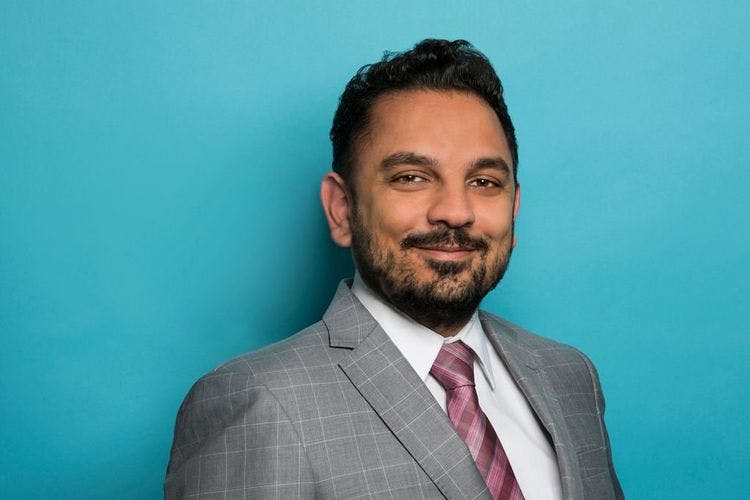
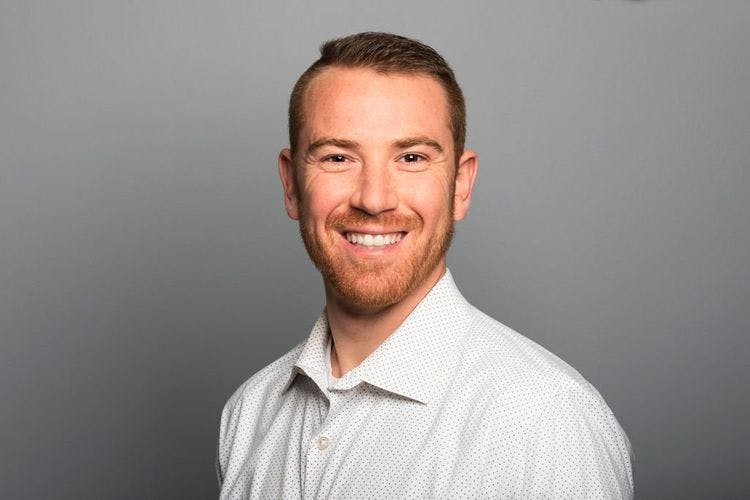

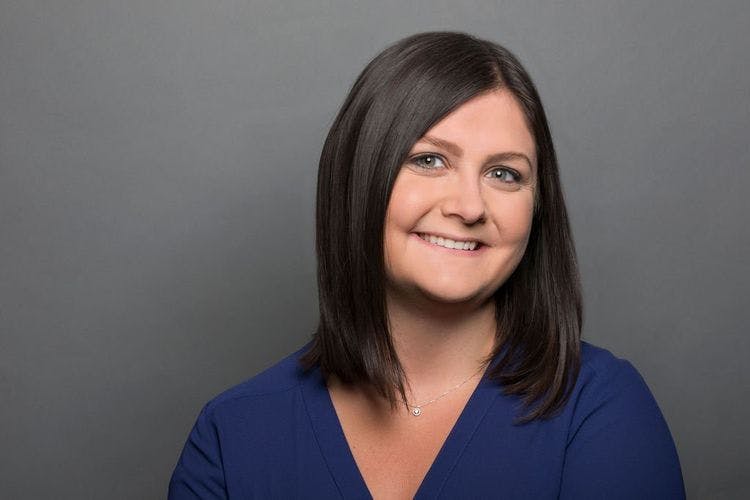
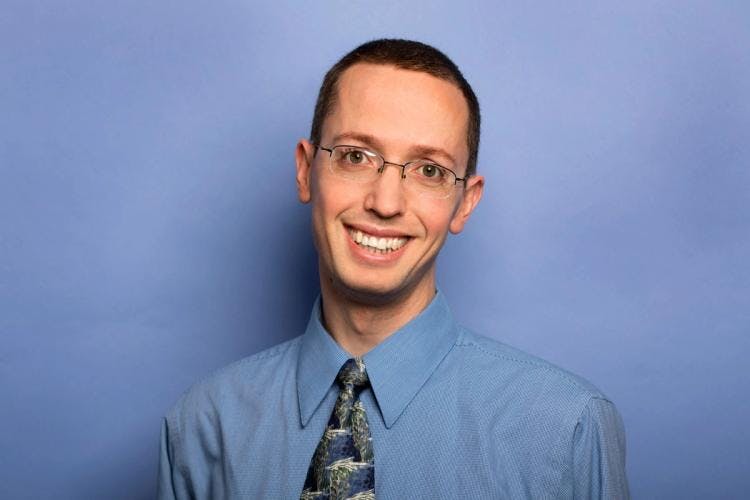
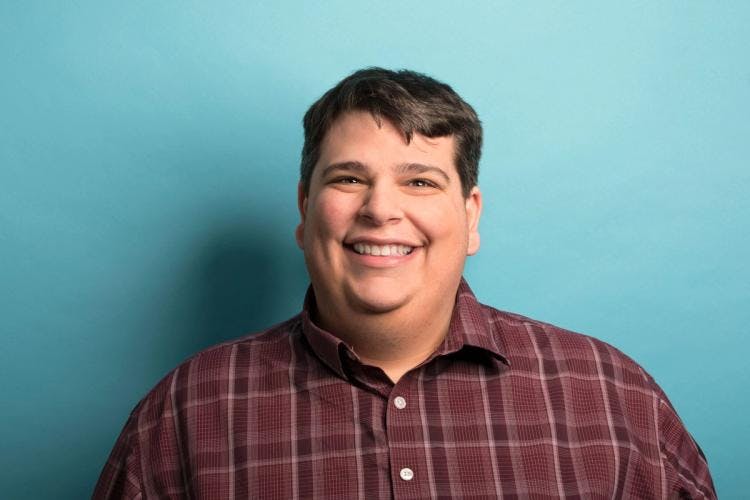


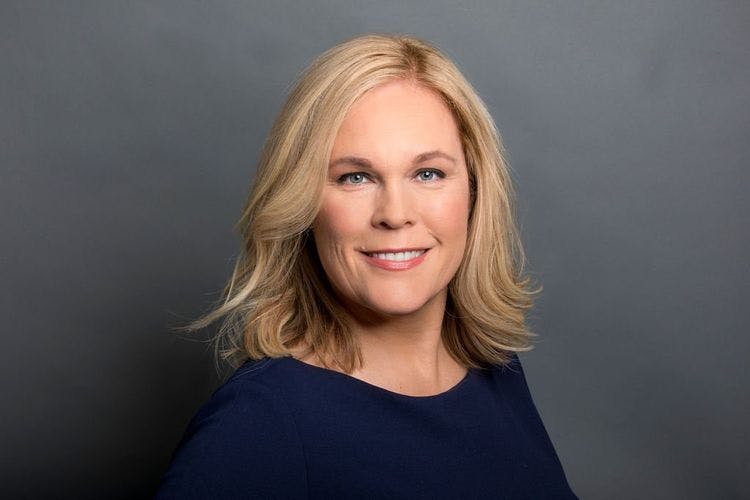
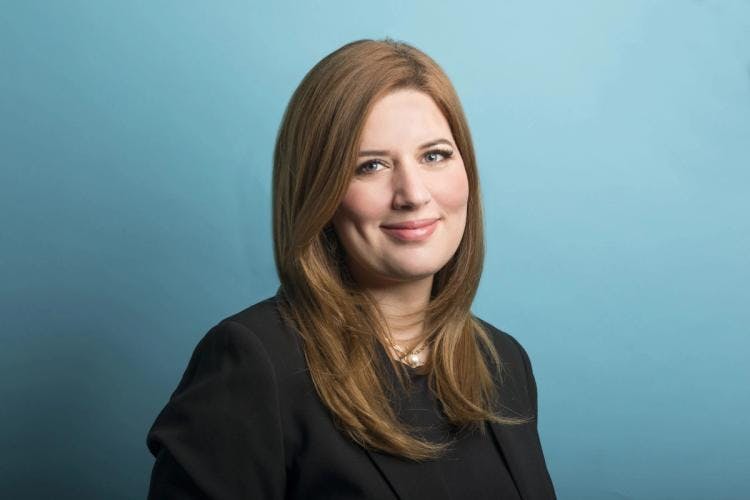

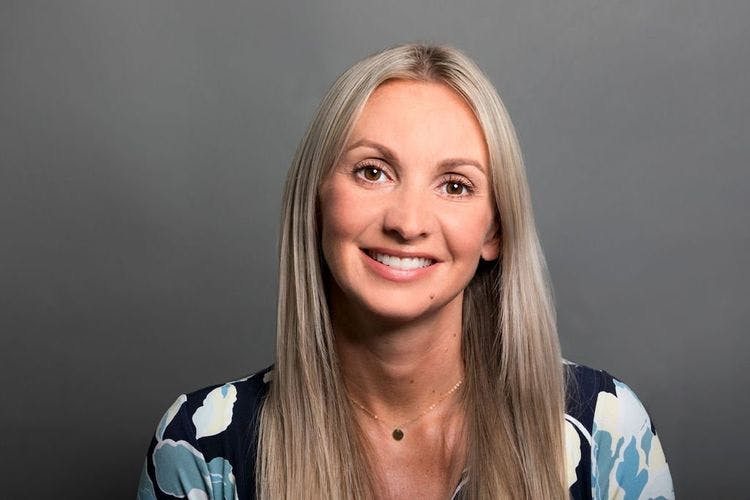
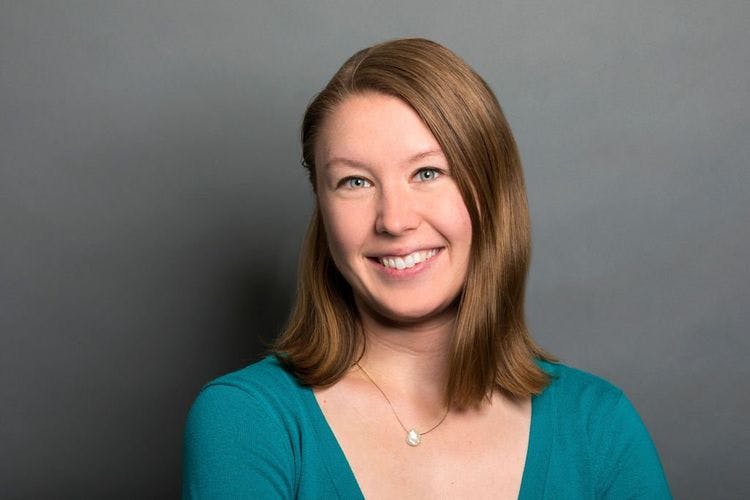

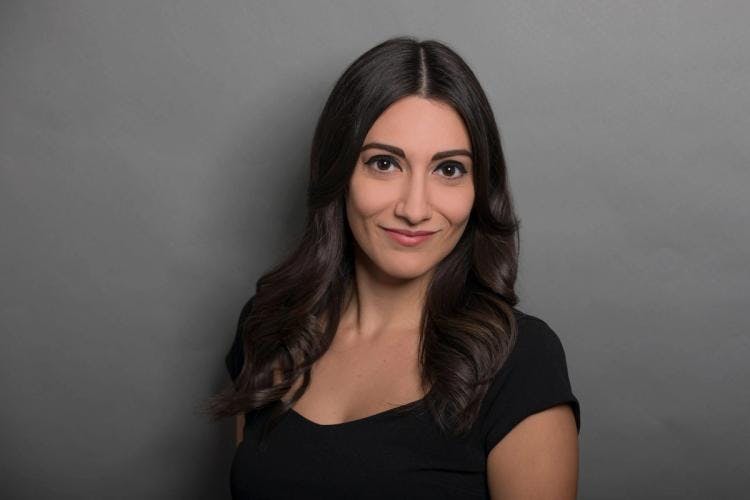

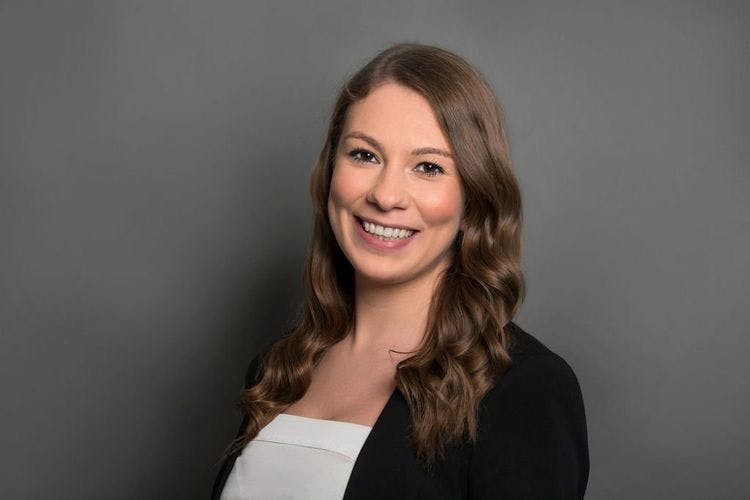




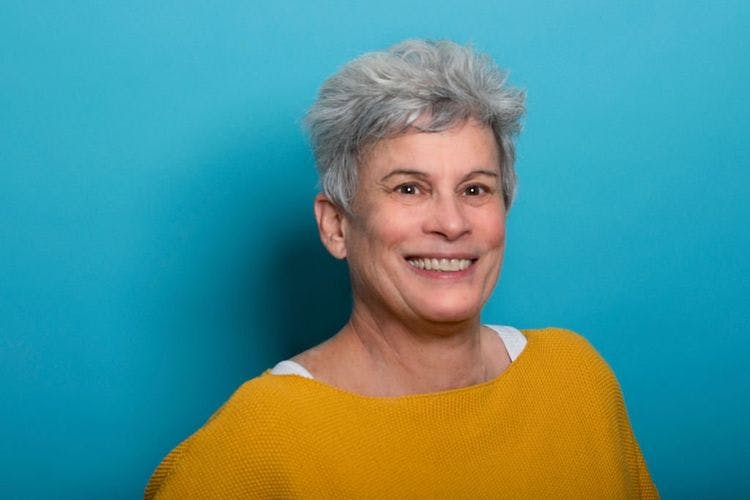





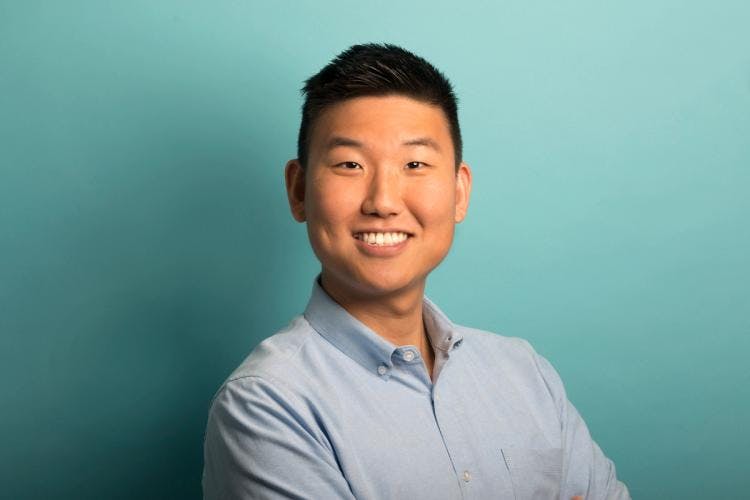
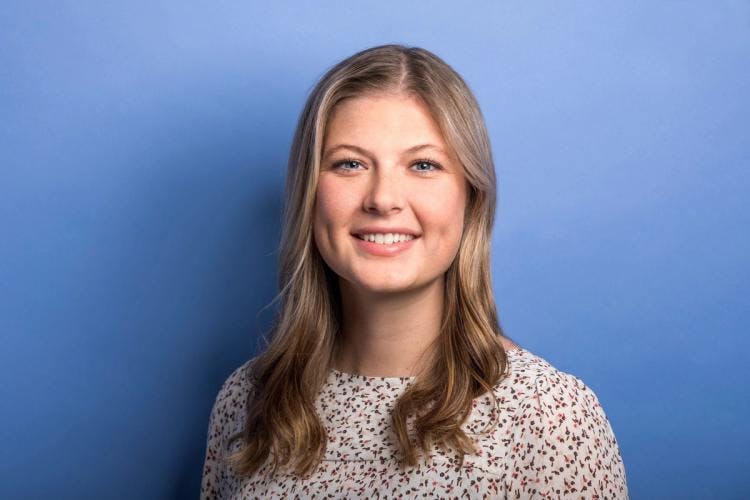


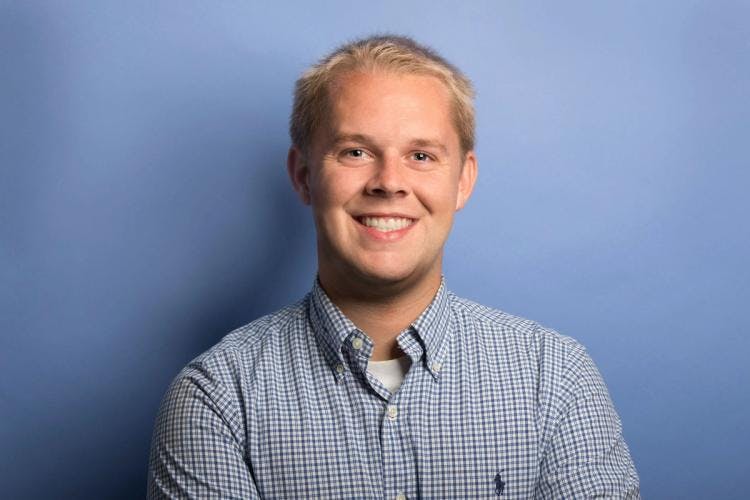




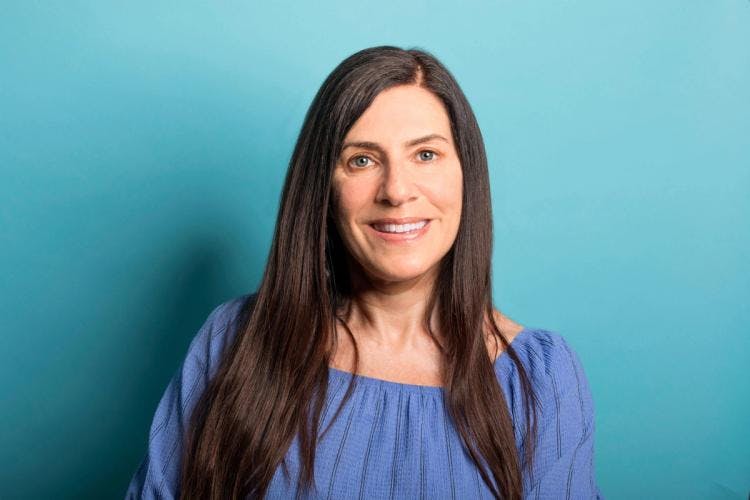
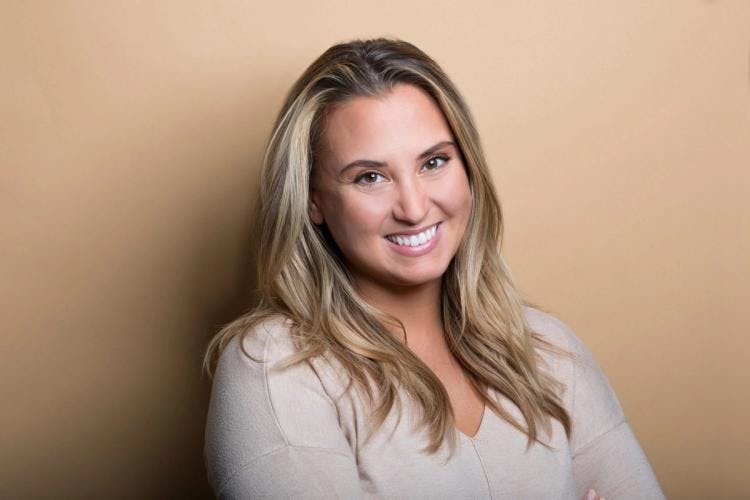
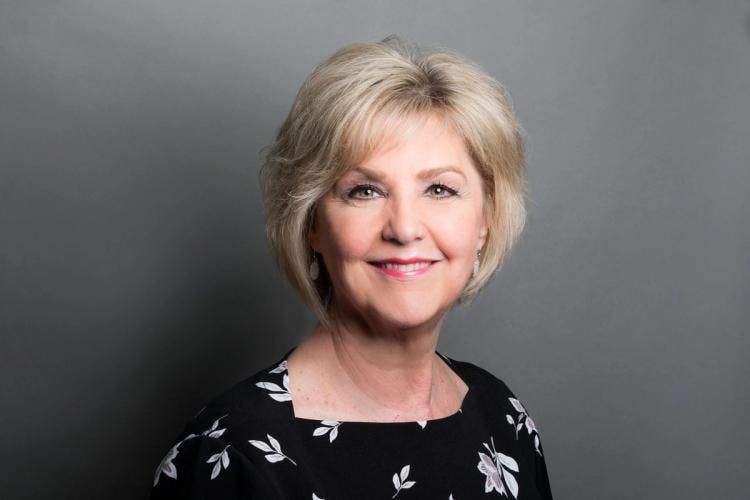
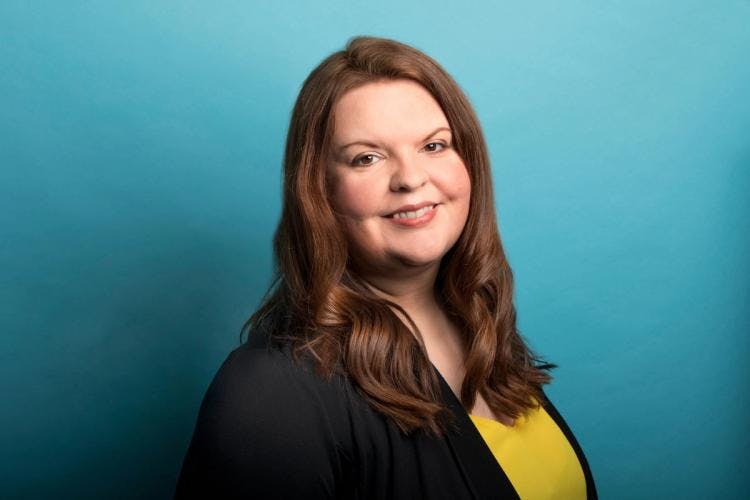
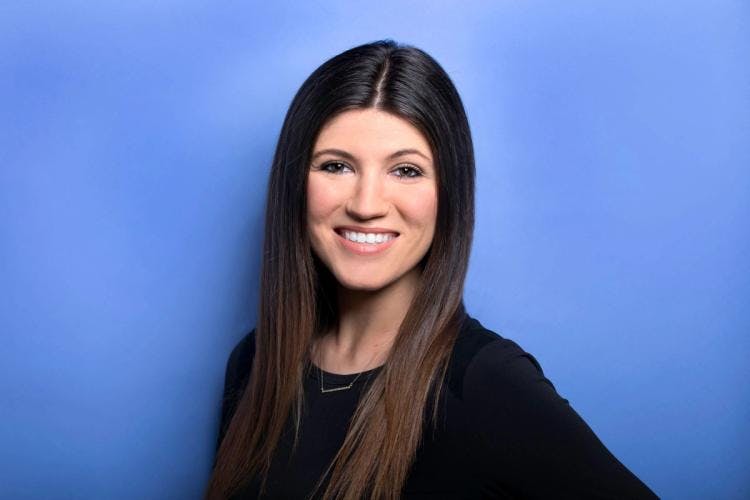



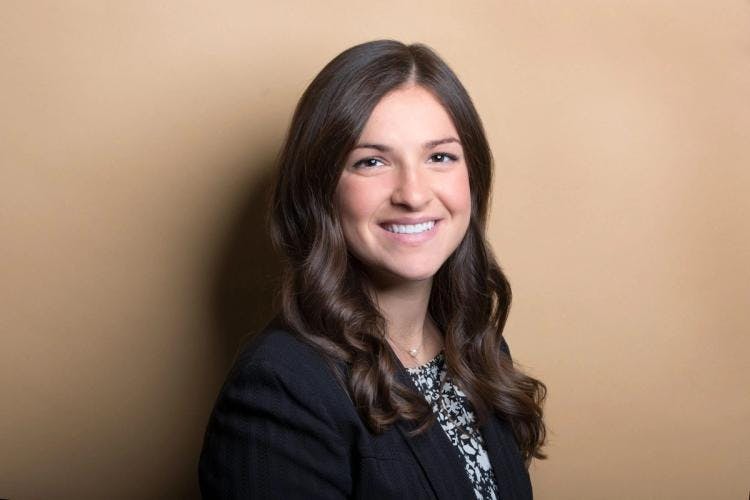
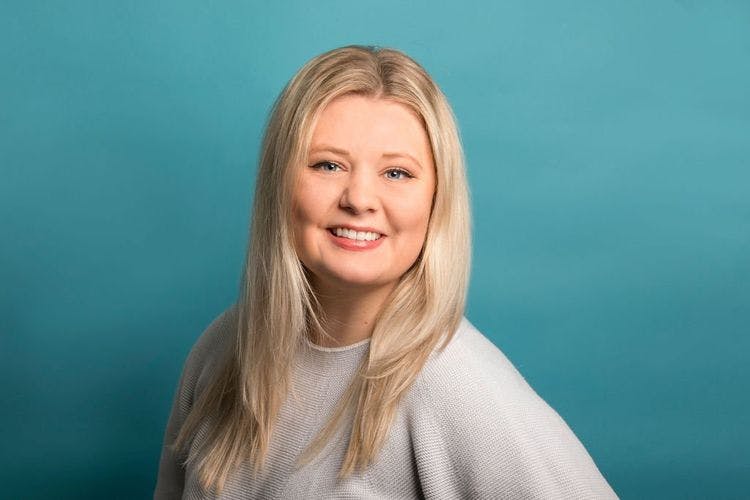
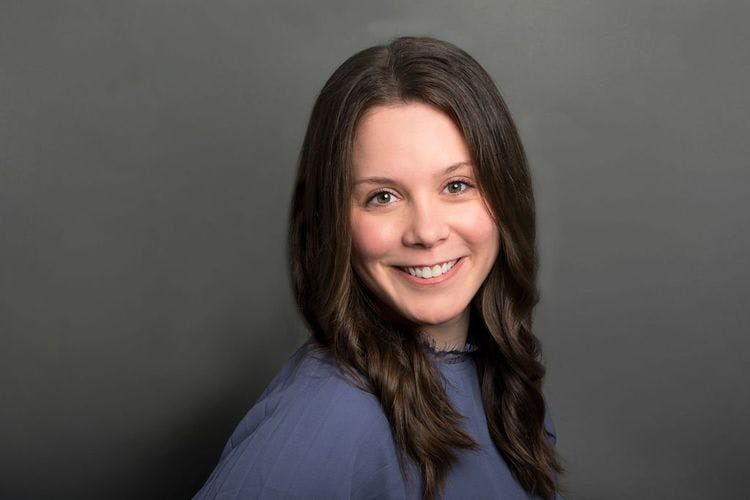

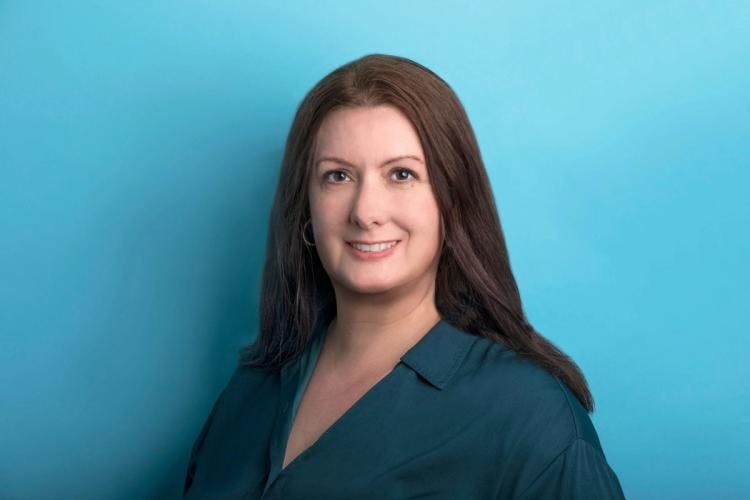

Our Services
Virtual/Online CarePHP and IOPAdult PsychiatryChild & Adolescent PsychiatryAdult TherapyChild & Adolescent TherapyCouples CounselingFamily TherapyGroup TherapyPsychological TestingTranscranial Magnetic Stimulation (TMS)Resources
Refer a PatientCareersClinical Training OpportunitiesOur ProvidersFree Mental Health TestsCommonly Prescribed MedicationsLocationsBlogIn The NewsClarity Through CharityClarity for AllQuick Links
Patient PortalFAQsAccepted InsurancesContact us